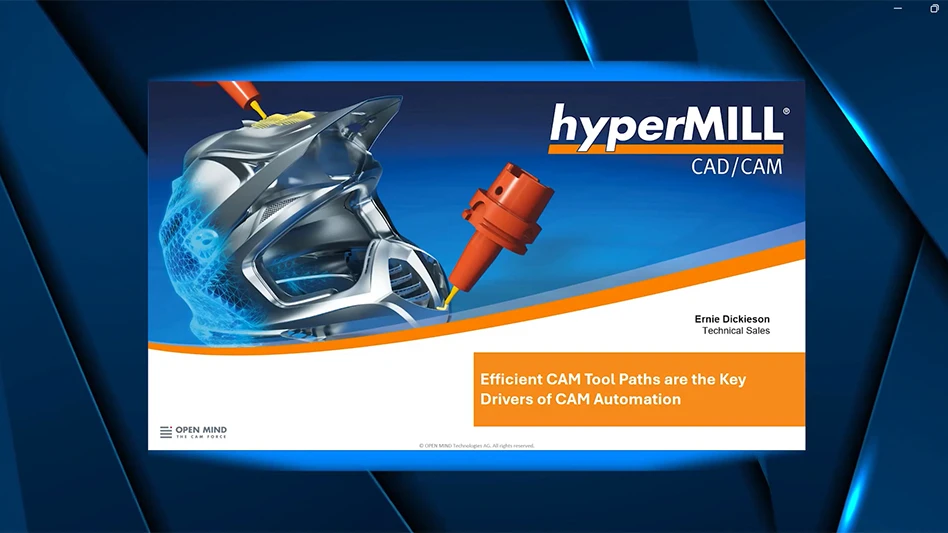
Evendale, Ohio – The GE9X engine for the Boeing 777X aircraft will feature fewer and thinner composite fan blades than any GE widebody engine in service. To do this, GE is designing a new composite fan blade using next-generation carbon fiber composite material.
"It has been a decade since GE designed a new composite fan blade for the GEnx engine," said Bill Millhaem, general manager of the GE90/GE9X engine programs. "Carbon fiber composite material has advanced in those 10 years, and the advancements enable GE engineers to design a thinner GE9X blade, which is just as strong as our current composite fan blades. Fewer, thinner blades will enhance the airflow and make for a lighter, more efficient fan that will help with the GE9X engine's overall performance and fuel burn."
The new material incorporates a higher stiffness carbon fiber and a new epoxy resin. The leading edge material will also be modified from titanium to a steel alloy to further enhance the blade's strength.
Last year, GE engineers received positive results from material testing on full-sized GEnx blades. Testing of the new material continues this quarter in preparation for next year's testing on the new GE9X blade design.
The GE9X fan blades are the fourth-generation composite fan blade design, built on the success of the GE90-94B, GE90-115B and GEnx engines. GE engineers continue to work the final design of the GE9X fan blade that will incorporate improved aerodynamics.
GE will spend $300 million in 2014 on technology maturation testing for the new GE9X engine. Tests include the Universal Propulsion Simulator (UPS) fan performance tests as well as testing of ceramic matrix composite components in a GEnx engine.
The GE9X engine will be in the 100,000 lb. thrust class. Key features include a 133" diameter composite fan case and 16 composite fan blades; a next-generation 27:1 pressure ratio 11-stage high-pressure compressor; a third-generation twin annular pre-swirl (TAPS) combustor for greater efficiency and low emissions; and ceramic matrix composite (CMC) material in the combustor and turbine. Almost 700 GE9X engines have been ordered by customers since it was launched on the Boeing 777X aircraft last year.
The first full core test is scheduled for 2015. The first engine will test in 2016 with flight testing on GE’s flying testbed anticipated in 2017. Engine certification is scheduled for 2018.
IHI Corp., Snecma and Techspace Aero (Safran), and MTU Aero Engines AG are participants in the GE9X engine program.
Source: GE Aviation
Latest from Aerospace Manufacturing and Design
- Piper Aircraft receives its largest ever domestic trainer order
- Miniature, high force-to-size linear voice coil servo motor
- MagniX, Robinson to develop battery electric R66 helicopter
- Zero-point clamping modules
- Hartzell electric engine propeller earns FAA approval for AAM
- Thin profile flame and thermal barrier
- Guill Labs offer materials and extrusion testing
- High production vertical honing systems





